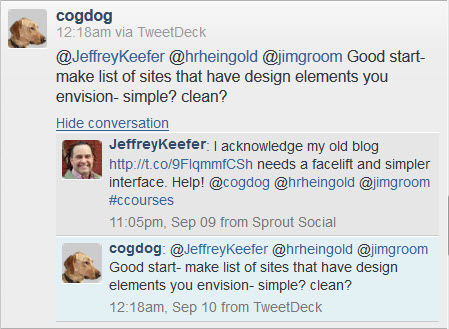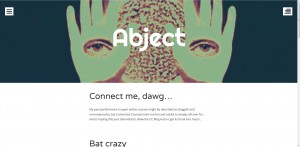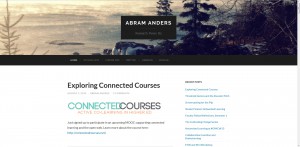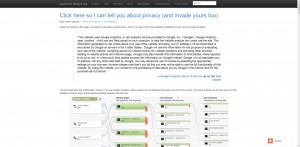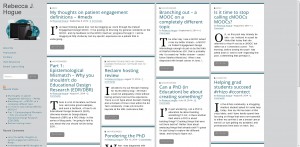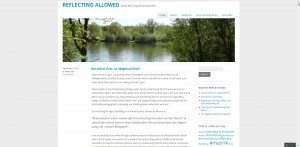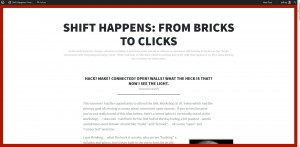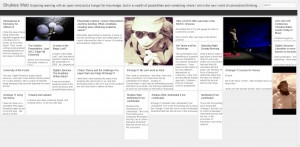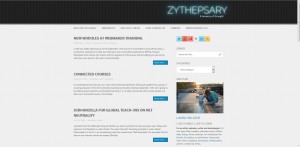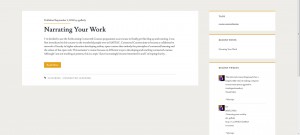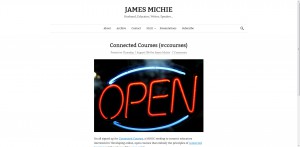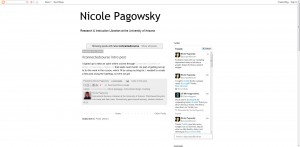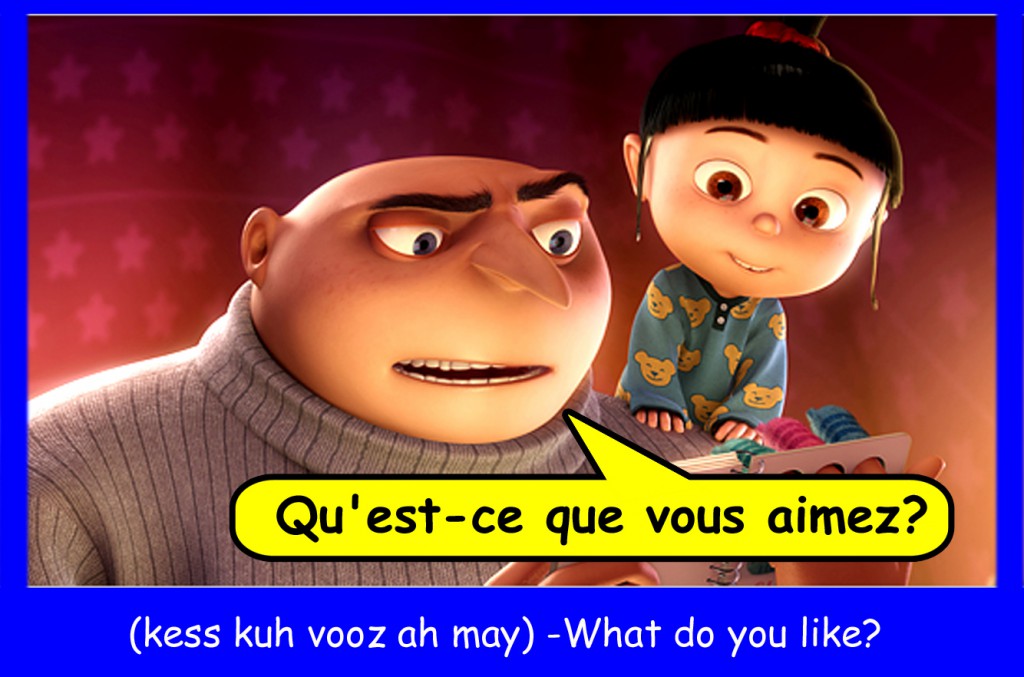
What could I have done to deserve this?! I asked for help with my blog, given how it is a bit cluttered and unfocused. No secret there; it has been a bit neglected of late, so why not ask our trusty blogchanics, Click, Link, and Embed, The Connected Brothers for help, and voila!
I thought that @cogdog @hrheingold @jimgroom would have been able to read my mind and come to my rescue, or at least assistance, but no . . . they asked me to work for it.
To be fair, @cogdog only asked a simple question:
After all, if I cannot say what I like, then how can I give them what they need to help me get there?
OK, time to roll up my sleeves and try to identify what I like. Here goes.
To my method, I reviewed the 141 blogs (at the time) that are registered in Connected Courses, and noted the ones I was drawn to. This is not content or quality based, but rather the ones that somehow visually drew me in.
I responded to the ones with clear images that are inviting, that capture some thought or mood or interest, and whose layout is clear and easy to follow with clear and uncluttered fonts.
Visually stimulating, not an overwhelming amount of text, with clear purpose and navigation.
These are the ones that I found engaging in a way that I wanted to revisit, to try to understand what they were about, and what I could learn from them through some form of interaction.
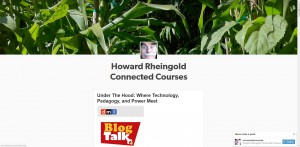
So, @cogdog @hrheingold @jimgroom, with these as examples, what can I do to try to make my own blog here easier to follow, and ultimately, to use?ultimately, to use?
